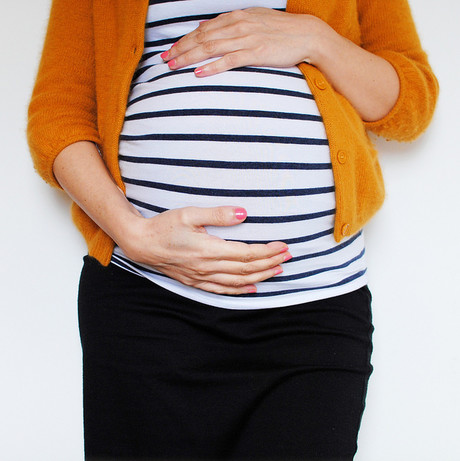Low vitamin D in pregnancy linked to autism

Australian and Dutch researchers have identified a link between vitamin D deficiency in pregnancy and increased autism traits, adding to the growing body of evidence connecting vitamin D to brain growth.
In a study published in the journal Molecular Psychiatry, researchers from the Queensland Brain Institute (QBI) and the Erasmus Medical Centre examined approximately 4200 blood samples from pregnant women and their children, who were closely monitored as part of the long-term ‘Generation R’ study in Rotterdam. The team found that women with low vitamin D levels at 20 weeks’ gestation were more likely to have a child with autistic traits by the age of six.
“This study provides further evidence that low vitamin D is associated with neurodevelopmental disorders,” said study leader Professor John McGrath, whose team at QBI previously found a link between low vitamin D in neonatal blood and an increased risk of schizophrenia.
“Just as taking folate in pregnancy has reduced the incidence of spina bifida, the result of this study suggests that prenatal vitamin D supplements may reduce the incidence of autism.”
Vitamin D usually comes from exposure to the sun, but it can also be found in some foods and supplements. Professor McGrath noted that he “would not recommend more sun exposure, because of the increased risk of skin cancer in countries like Australia”, but said it is “feasible that a safe, inexpensive and publicly accessible vitamin D supplement in at-risk groups may reduce the prevalence of this risk factor”.
Noxopharm says paper reveals science behind its immune system platform
Clinical-stage Australian biotech company Noxopharm Limited says a Nature Immunology...
Neurosensing/neurostimulation implants session to be held on Monday
On Monday, a session at UNSW Sydney will include people who are benefiting from bioelectronics...
argenx and Monash University partner against autoimmune diseases
To advance a pioneering molecule for autoimmune diseases, global immunology company argenx has...



